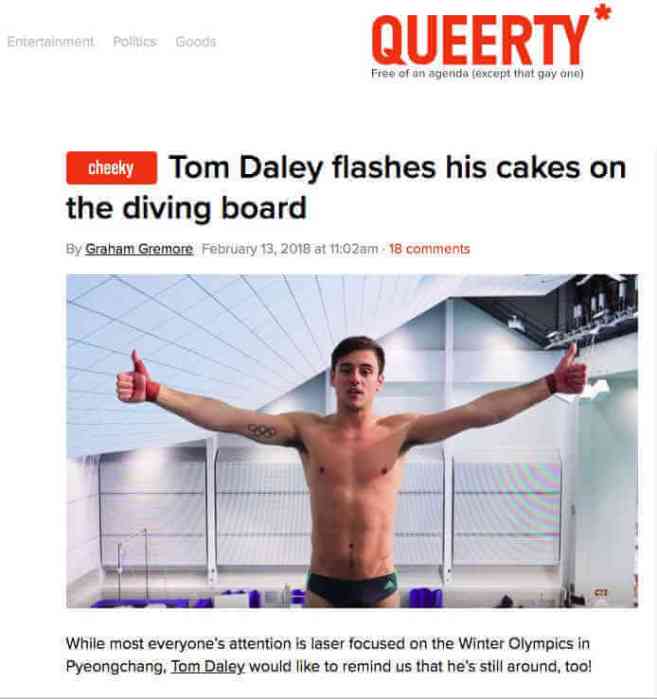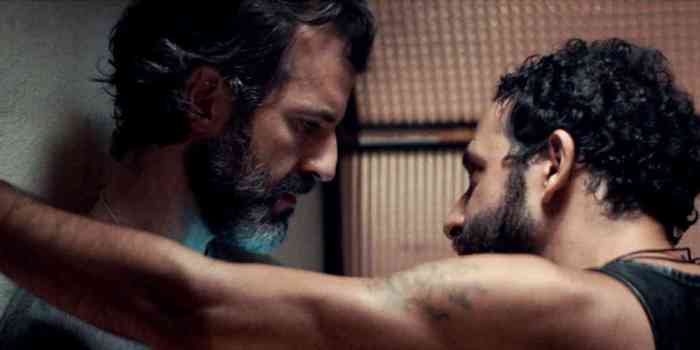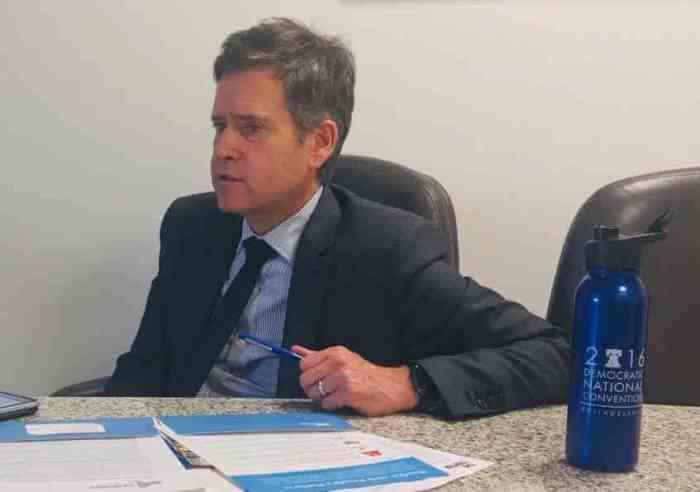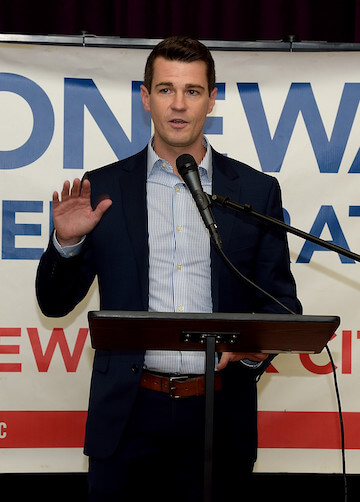A New Jersey judge issued two pretrial rulings in February that increased the likelihood that an organization providing so-called conversion therapy to “assist individuals to purge unwanted same-sex attractions” will be found liable for consumer fraud. The suit, brought on behalf of six individuals against JONAH, Jews Offering New Alternatives for Healing, claims they were defrauded and demands both reimbursement of the fees paid and compensation for the costs of therapy they had to undergo to undo the damage caused by JONAH’s treatment.
The plaintiffs are represented by the Southern Poverty Law Center and attorneys from the New York firm of Cleary Gottlieb Steen & Hamilton and the New Jersey firm of Lite DePalma Greenberg.
In 2013, New Jersey became the second state, after California, to outlaw subjecting minor patients to the type of therapy JONAH offers.
In pre-trial ruling, Hudson County judge rules homosexuality cannot be described as “illness”
In his rulings, Hudson County Superior Court Judge Peter F. Bariso, Jr.,, on February 5, barred JONAH from presenting most of its expert witnesses, because their opinions were premised on discredited views about homosexuality, and, five days later, found, on summary judgment, that at least some of the group’s claims violate New Jersey consumer fraud law.
In both rulings, Bariso contended with questions about whether it is fraudulent to market a conversion therapy program by representing homosexuality as a mental illness, disease, or disorder that can be “changed” by treatment, to make statements that would lead a prospective client to believe they could change their sexual orientation as opposed to merely become conditioned not to engage in same-sex activity, and to include specific “success” statistics when there is no factual basis for calculating such numbers.
But, Bariso made clear that the plaintiffs were not mounting a general attack on the practice of sexual orientation change efforts (SOCE) by mental health professionals, but had focused their suit narrowly on the question whether JONAH defrauded and harmed them by the representations it made about its services.
Looking to New Jersey precedent, the judge found that if a proposed expert is going to express views on scientific topics that lie outside the “general acceptance” of their profession, are not supported by “authoritative scientific and legal writing indicating that the scientific community accepts the premises underlying the proffered testimony,” or do not have the support of relevant judicial opinions finding general acceptance, then such testimony should be excluded.
Using this standard, Bariso found that the proposed scientific experts, all affiliated with organizations supporting conversion therapy, were not qualified to testify.
“The overwhelming weight of scientific authority concludes that homosexuality is not a disorder or abnormal,” he wrote. “The universal acceptance of that scientific conclusion — save for outliers such as JONAH — requires that any expert opinions to the contrary must be barred.”
Noting that the 1973 decision by the American Psychiatric Association to remove “homosexuality” from its official listing of mental disorders “is unquestionably authoritative in the mental health field” –– a conclusion affirmed by a federal appeals court’s upholding of the New Jersey statute barring SOCE treatment for minors –– Bariso found JONAH “can hardly argue that all of these organizations… were the victims of manipulation by ‘gay lobbying’ groups.”
Turning, on February 10, to both sides’ motions for summary judgment in their favor, Bariso denied all of JONAH’s motions and granted several of the plaintiffs’ motions. He ruled that “it is a misrepresentation in violation of the Consumer Fraud Act, in advertising or selling conversion therapy services, to describe homosexuality, not as being a normal variation of human sexuality, but as being a mental illness, disease, disorder, or equivalent thereof.” Including “specific ‘success’ statistics when there is no factual basis for calculating such statistics, e.g., when client outcomes are not tracked and no records of client outcomes are maintained” also runs afoul of state law, the judge concluded.
It should be up to a jury, however, to decide whether a person would be misled by JONAH’s description of the “change” its therapy sought to achieve with clients, Bariso found.
In a fashion similar to the federal courts that reviewed the state’s ban on SOCE treatment for minors, the judge also denied JONAH’s claims that its representations were constitutionally protected speech or free exercise of religion.
The six plaintiffs must now prove that JONAH made the unlawful representations alleged, that its statements about the “change” it sought to achieve through therapy were misleading, and that as a result the plaintiffs were defrauded –– in some cases to the tune of $10,000 –– and are owed compensation for the treatment they subsequently sought because of the psychological injury suffered at JONAH’s hands.

































